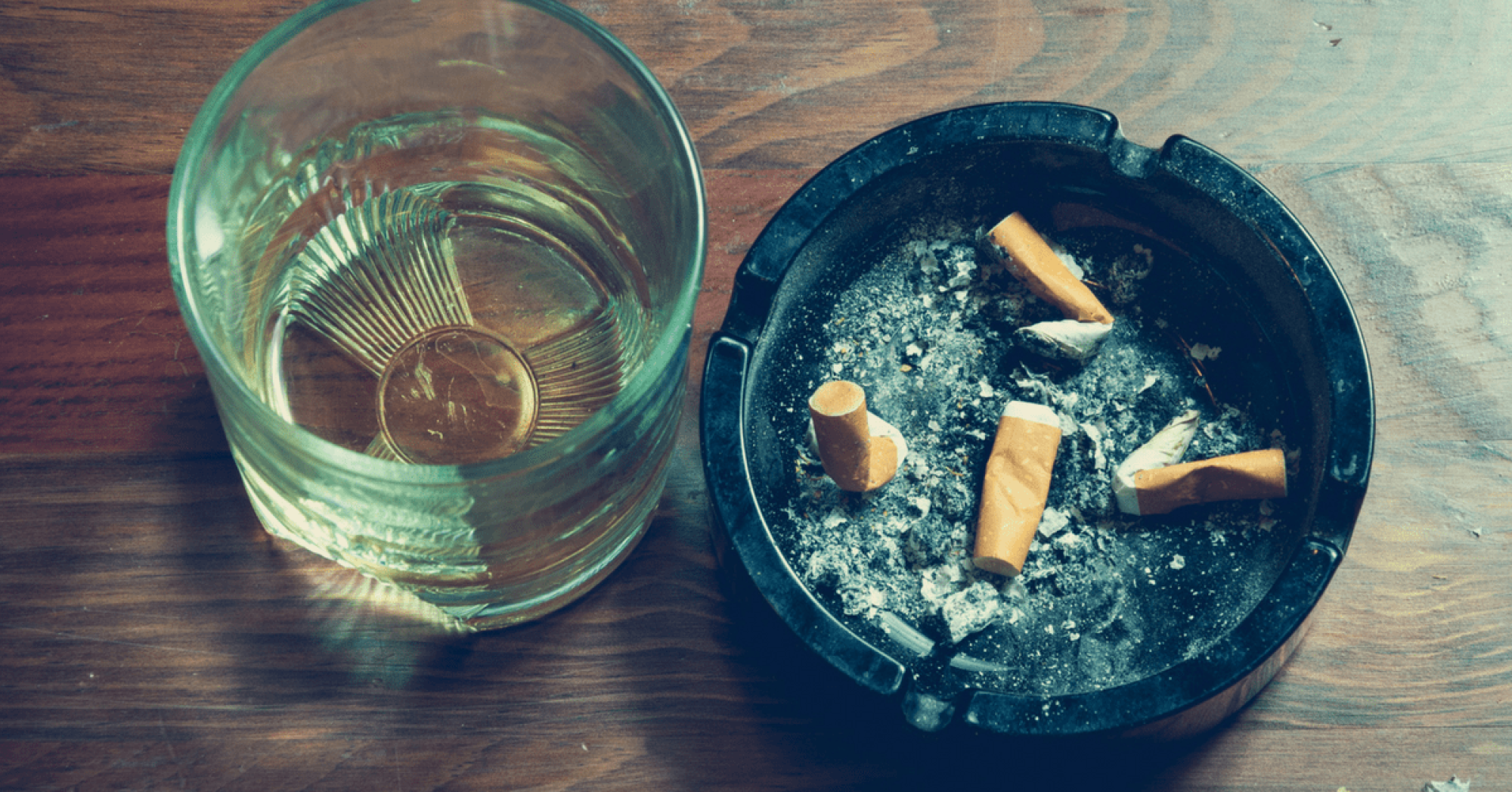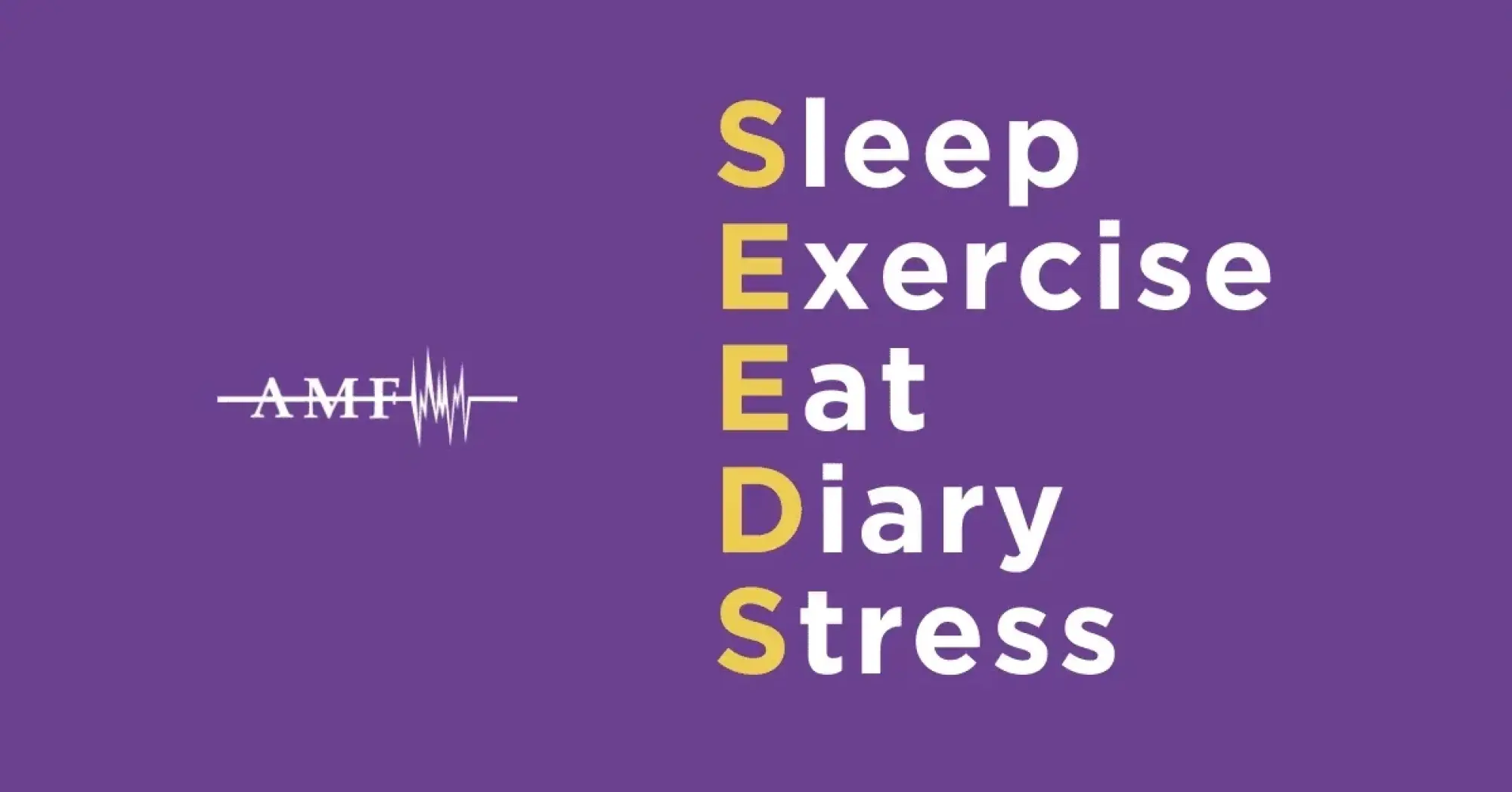Lifestyle Modification for Migraine
Overview
Because there are many factors that contribute to headache disorders, lifestyle changes can impact patient outcomes. Behaviors like getting consistent sleep, eating a more balanced diet and exercising regularly can help reduce attack frequency and intensity. Learn more about lifestyle changes and resources you can offer patients to track their daily activities and utilize changes within their control to start reducing the frequency of their attacks.
Podcasts
Videos

Explaining the Importance of Routine
Educating patients with migraine about maintaining a healthy, predictable routine can help them manage their migraine. Here’s how to talk to your patient about establishing a routine.

SMART Tips for Migraine in Adolescents
Identifying specific triggers and relieving factors for migraine attacks is a key aspect of controlling the pain. The mnemonic device SMART can help you and your adolescent patients remember some daily lifestyle tips to help prevent or reduce migraine attacks.

Diet and Migraine: A Q&A with Dr. Vincent Martin
The relationship between diet and migraine is vastly misunderstood. Dr. Vincent Martin estimates 10% or less of people are sensitive to “food triggers.” People living with migraine can identify some food triggers, and rule others out, by examining their diet and understanding how specific foods affect their migraine.
Recent News & Research

Research Summary: Prospective cohort study of routine exercise and headache outcomes among adults with episodic migraine
The authors of this study set out to investigate the impact of frequent moderate-vigorous aerobic exercise on headache frequency, intensity and duration...

Research Summary: Stress Reduction for Migraine Management
The primary clinical outcome was a reduction in headache frequency from baseline to 20 weeks. MRI showed alteration in structure and function of brain areas and networks involved in cognitive efficiency.

Sleep, Migraine and Improved Patient Outcomes
Poor sleep habits and migraine continue to be linked as more advanced technology allows physicians to reveal a stronger connection.

Migraine Triggers
Studies presented at #AHS18SF explore the link between 4 commonly believed migraine triggers and the onset of a migraine attack
Additional Resources
How Do I Discuss Lifestyle Recommendations With My Patients?
SMART Tips for Migraine in Adolescents Hand Out
Behavioral Migraine
Exercise
Sleep
Nutrition
Patient Resources

Managing Diet and Migraine
Making even small changes to your diet can impact migraine. Learn from Dr. Alan Finkel how to discuss food triggers and dieting with your doctor.

Exercise and Migraine
Learn about the various ways exercise can help you manage migraine. We also provide tips on starting an effective exercise regimen.

Yoga for Migraine Treatment
See why yoga is considered one of the many non-medical ways people can fight migraine—and how to add it to your treatment plan.

Sleep Disorders and Headache
People with headache disorders have a 2-8 times greater risk for sleep disorders. Learn the connections between the two and how to regain healthy sleep.

Workplace Accommodations for Migraine
Real stories of workplace accommodations that have been made for people living with migraine, as told by Move Against Migraine group members.

The Importance of Mindfulness for Migraine
Mindfulness, defined as “paying attention in the present moment without judgment,” can help alleviate stress and, in some cases, prevent a migraine attack.

Integrative and Complementary Migraine Treatments
There are various integrative and complementary treatments for migraine. Find out the different types and how they benefit you.

S2: Lifestyle Tips for Migraine by Move Against Migraine: A Podcast by the American Migraine Foundation
Lifestyle factors such as adequate sleep and stress management can help empower people living with migraine. Our host Dr. Larry Newman sits down with Dr. Cynthia Armand to discuss the importance of incorporating lifestyle changes with medications and becoming an active participant in your own care. As people affected by migraine as well, they share their own tried and tested tips that can help make these lifestyle changes part of your routine. Move Against Migraine podcast host Dr. Larry Newman is Vice Chair of the American Migraine Foundation and a neurologist at NYU Langone. Dr. Cythia Armand is a headache specialist and neurologist at the Montefiore Medical Center. Additional Resources: Managing Diet and Migraine Migraine Management Techniques Medical and Lifestyle Factors that Contribute to Migraine

Stress and Migraine
One of the most effective things you can do to control migraine is to reduce your stress. Here are a few tips on how to do it.

Top 10 Migraine Triggers and How to Deal with Them
Learn all about the top 10 most common migraine triggers and the American Migraine Foundation's best tips for managing and preventing them.

Seasonal Migraine Triggers
When the seasons and weather change, so can migraine triggers. Learn more about the seasonal impact of migraine and what triggers to look out for.

How Do You Practice Self-Care?
Self-care is a great way of reducing migraine attacks. Learn of some migraine-friendly ways to practice this from the #MoveAgainstMigraine community.

Non-Pharmacological Approaches to Migraine Management - Facebook Live Recap
Numerous issues can prevent people from using prescription migraine medications. When these circumstances arise, many turn to non-pharmacological approaches to migraine management. While these options cannot typically relieve the pain of an active migraine, they do work to prevent migraine onset.

